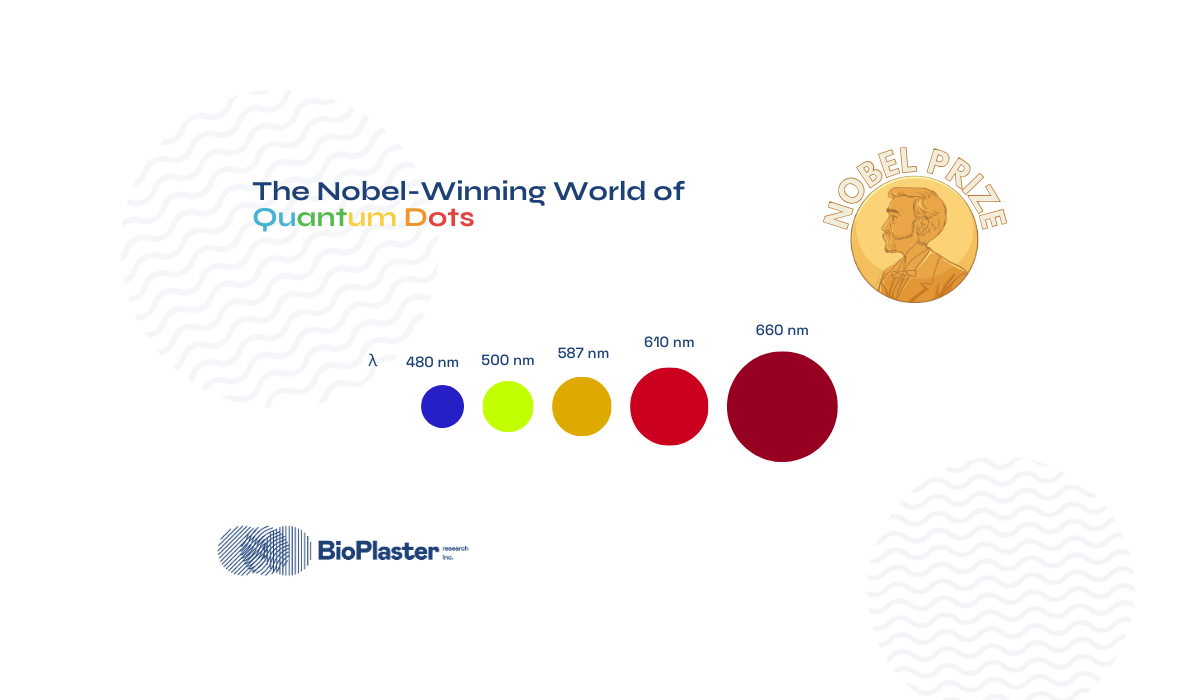Biodegradable packaging to optimize your sustainability impact
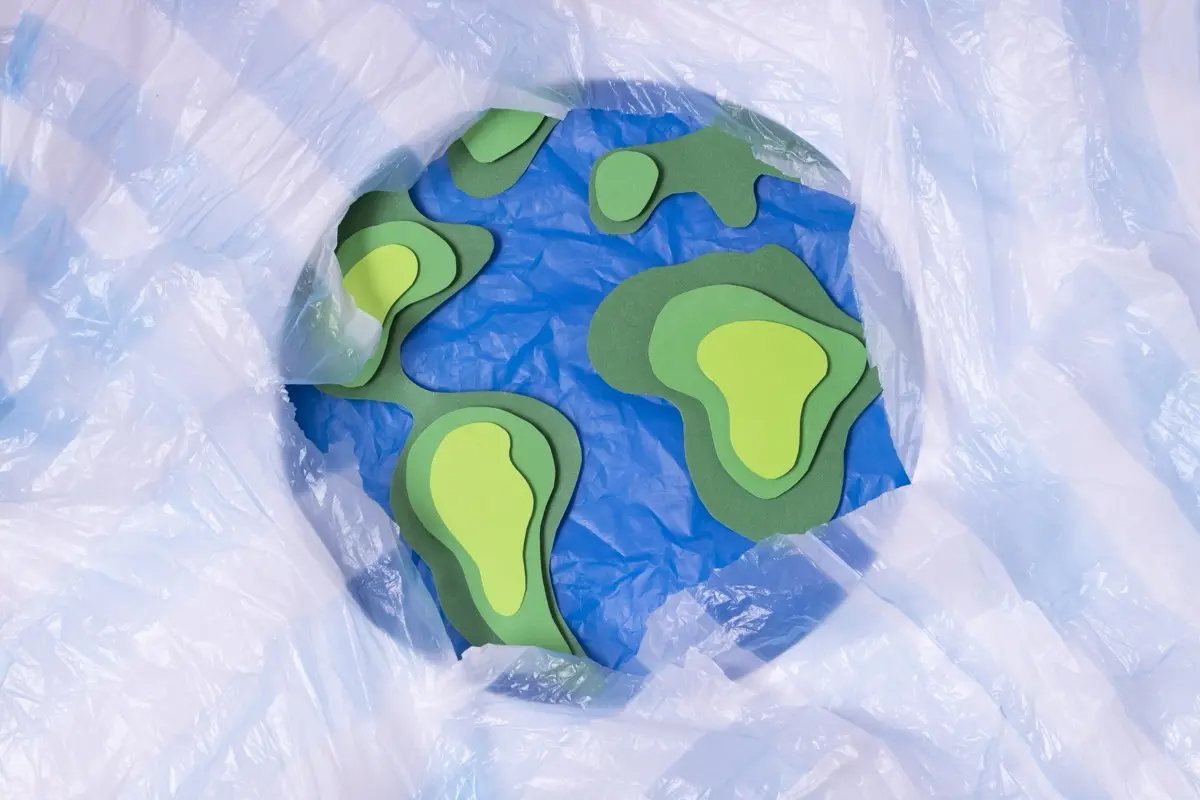
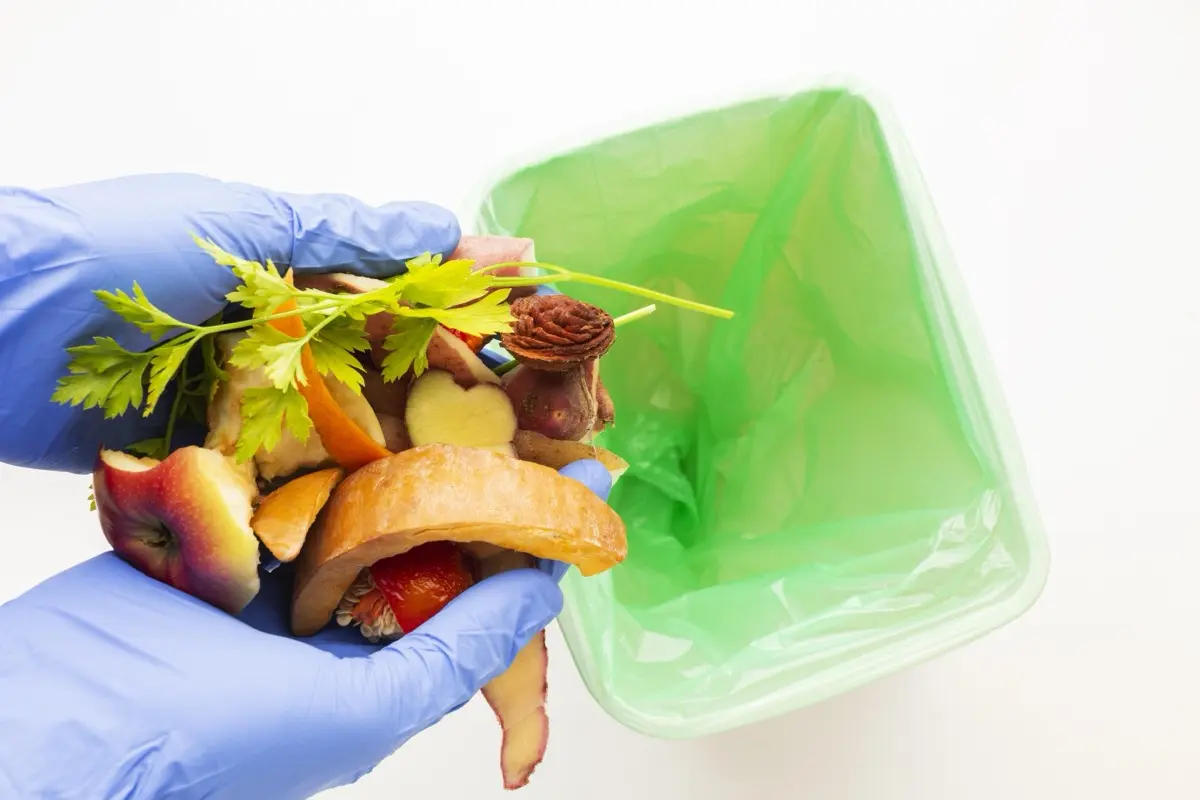
.webp)
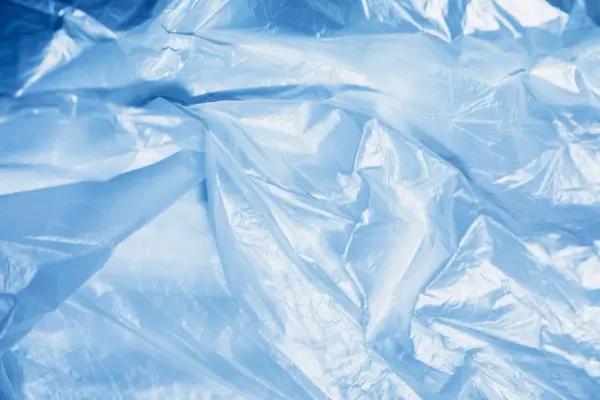

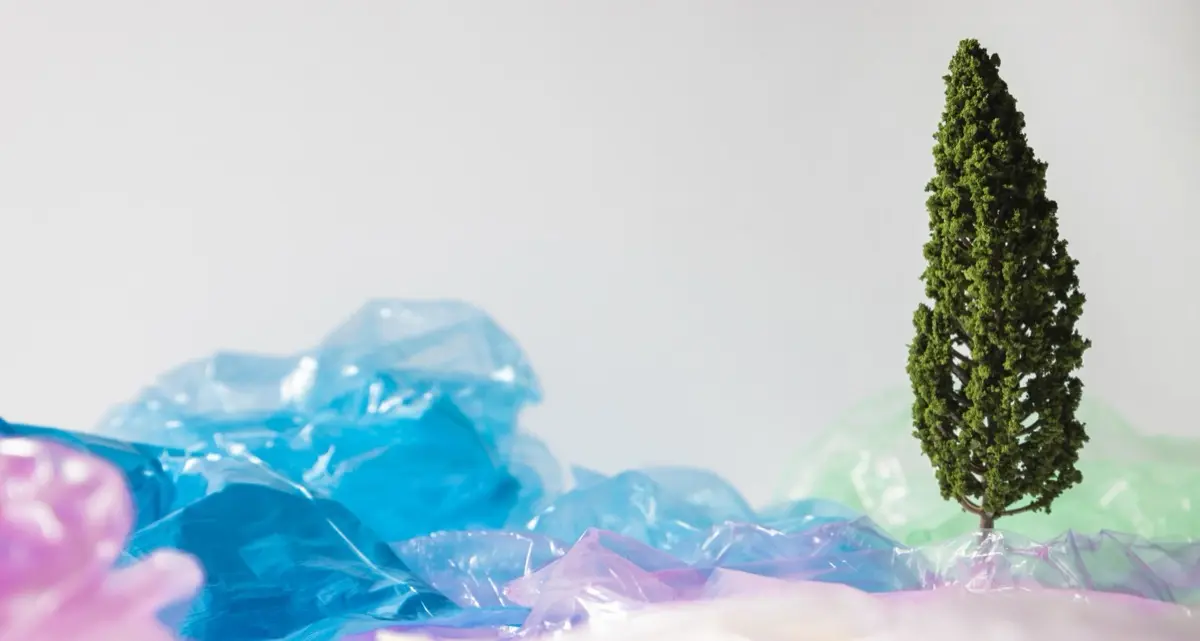
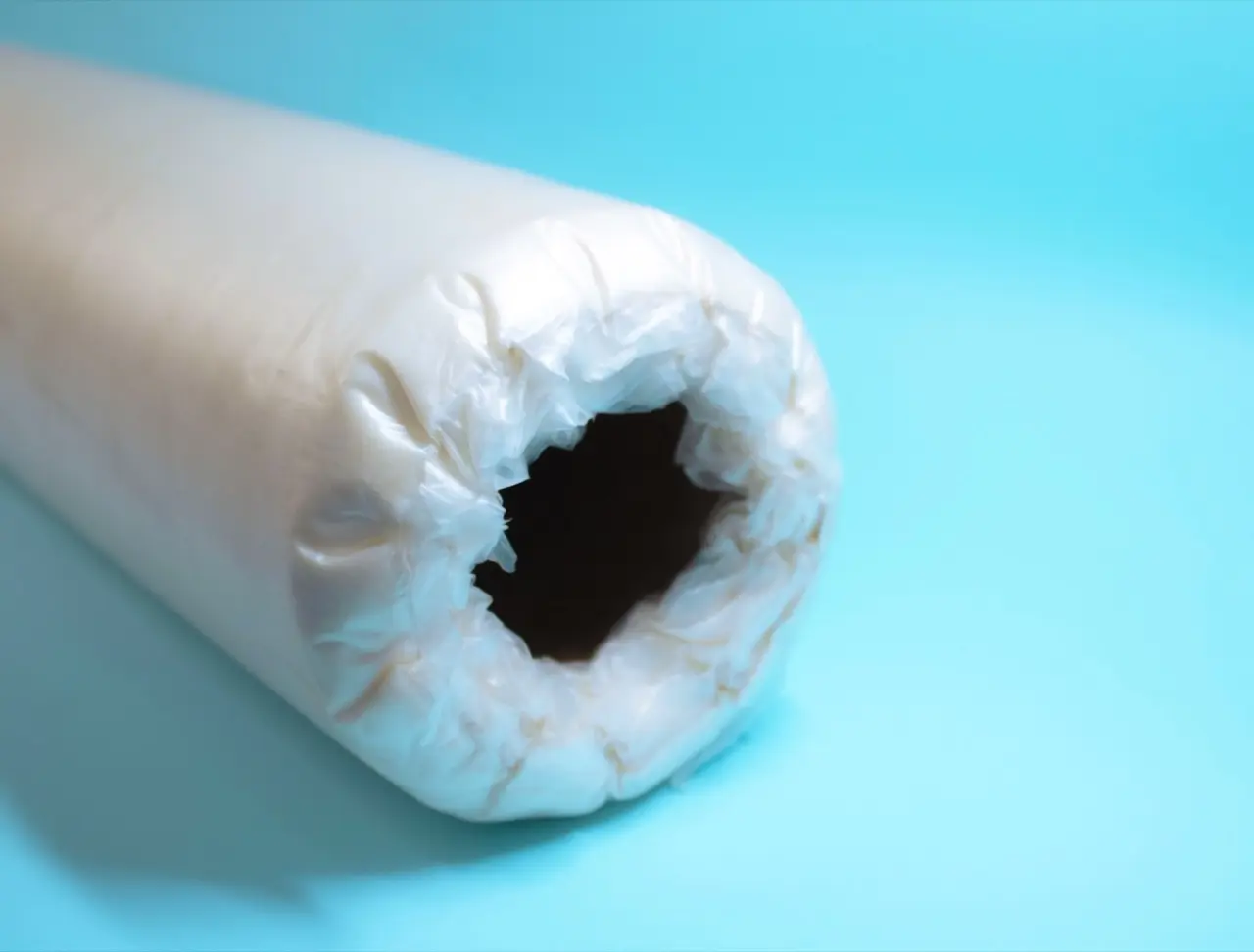
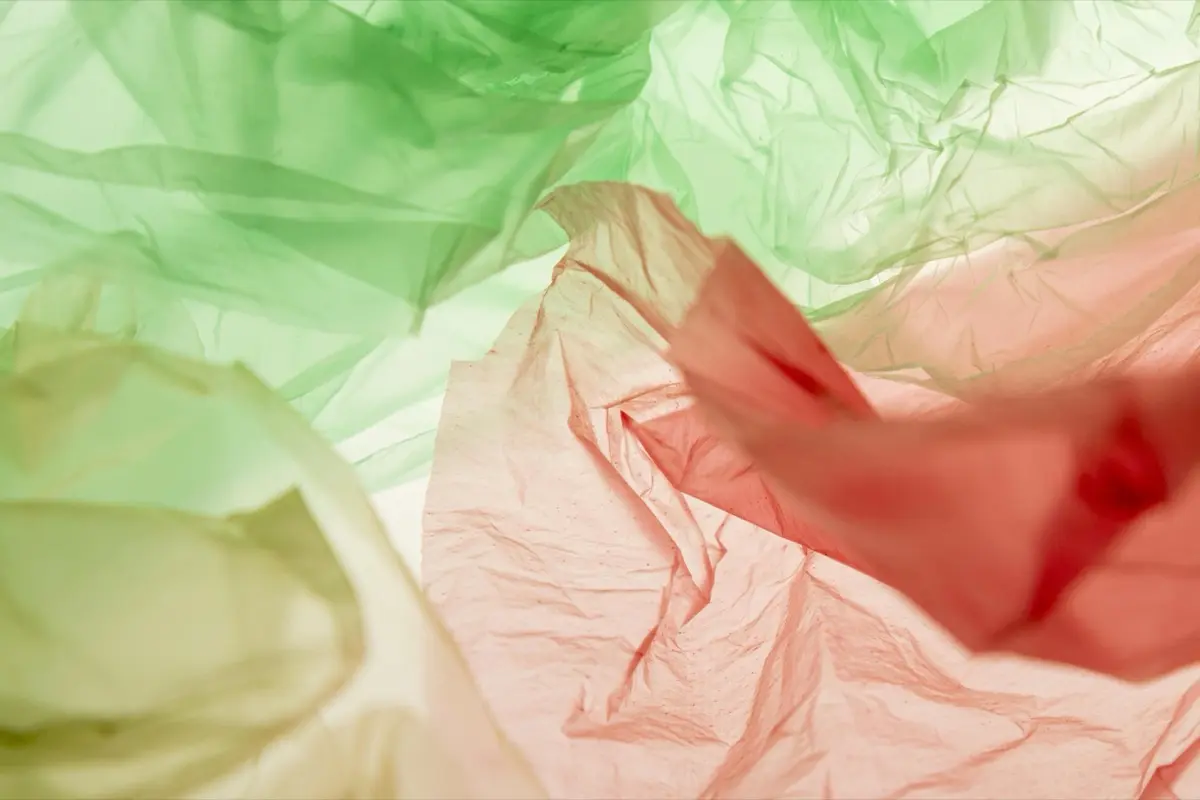
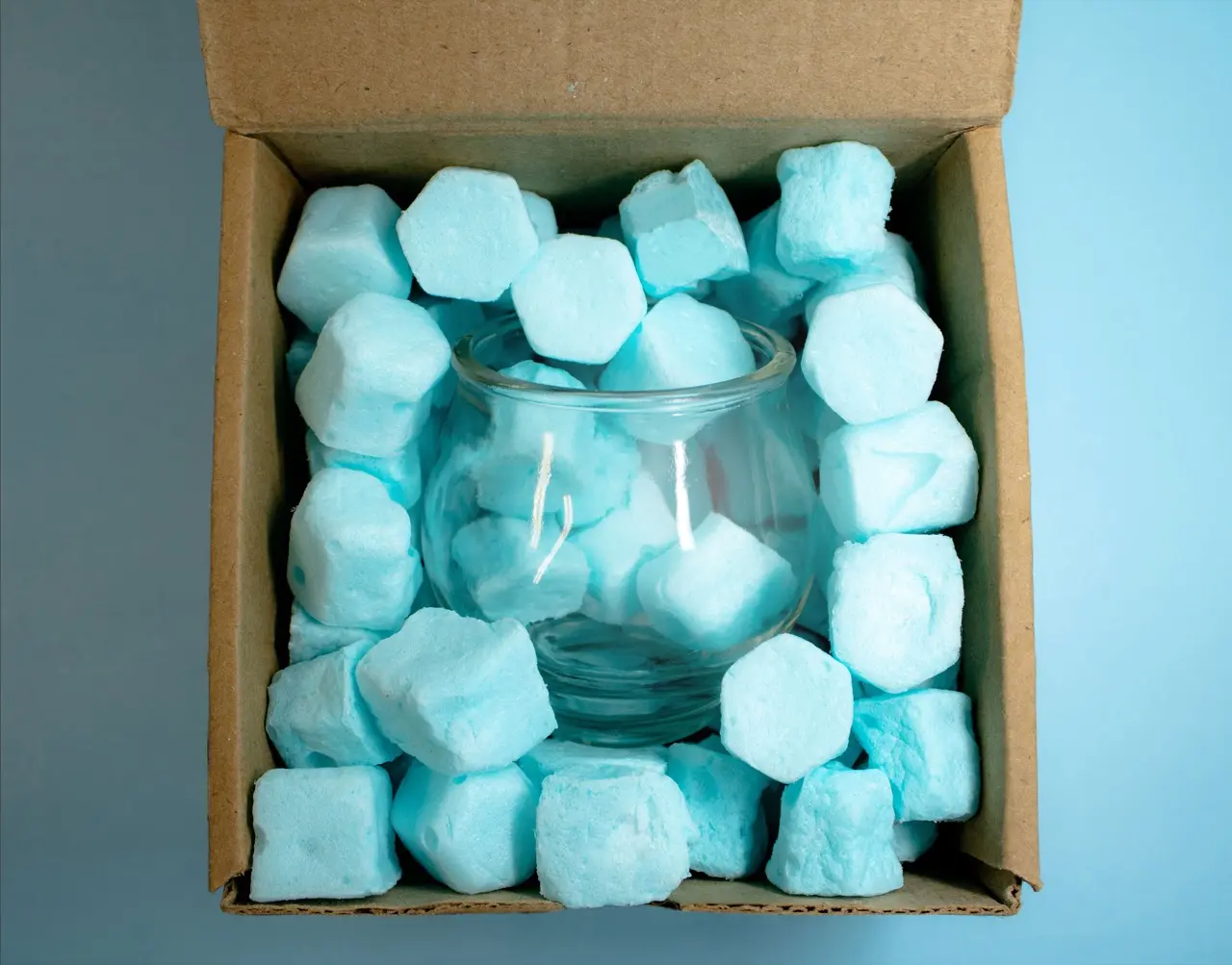
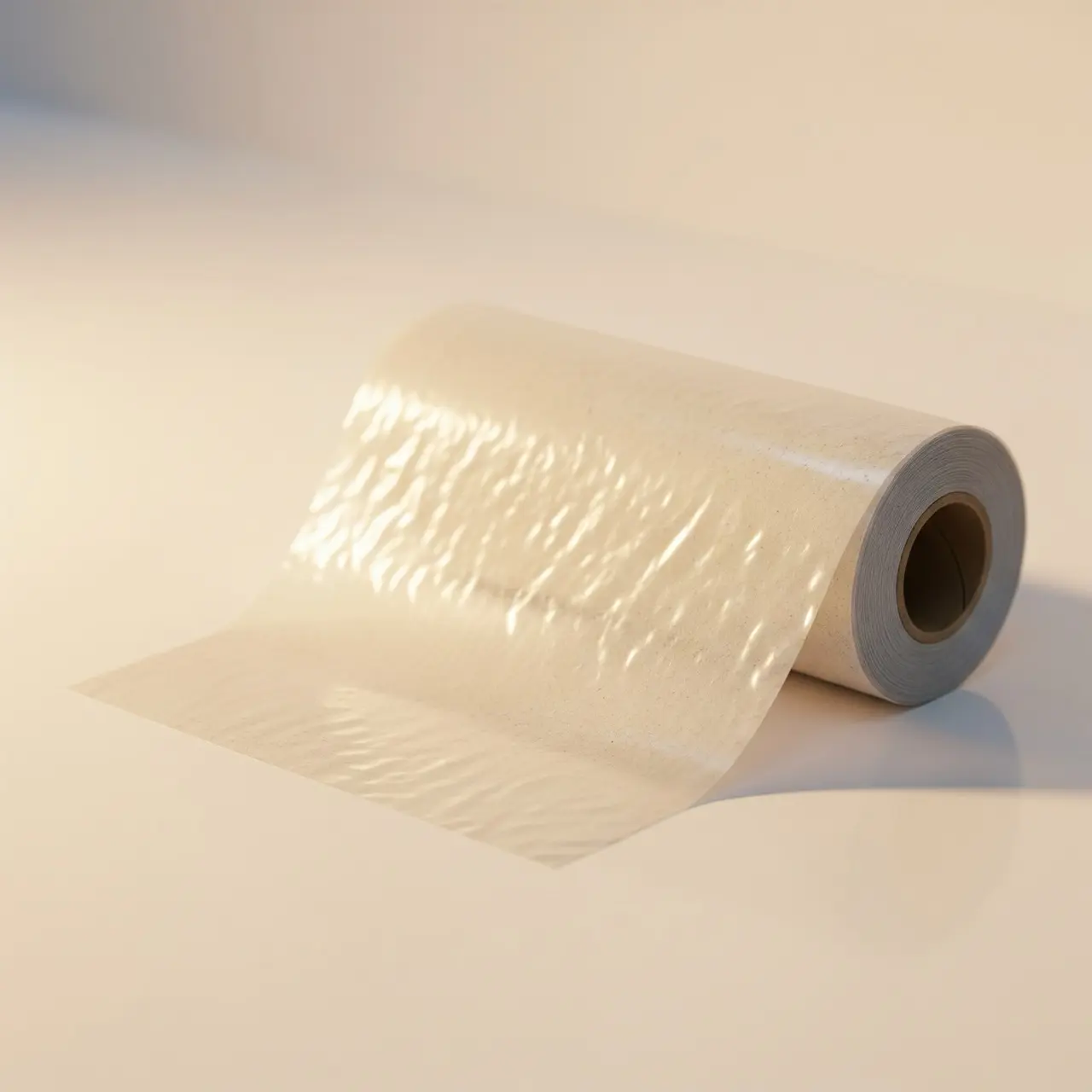
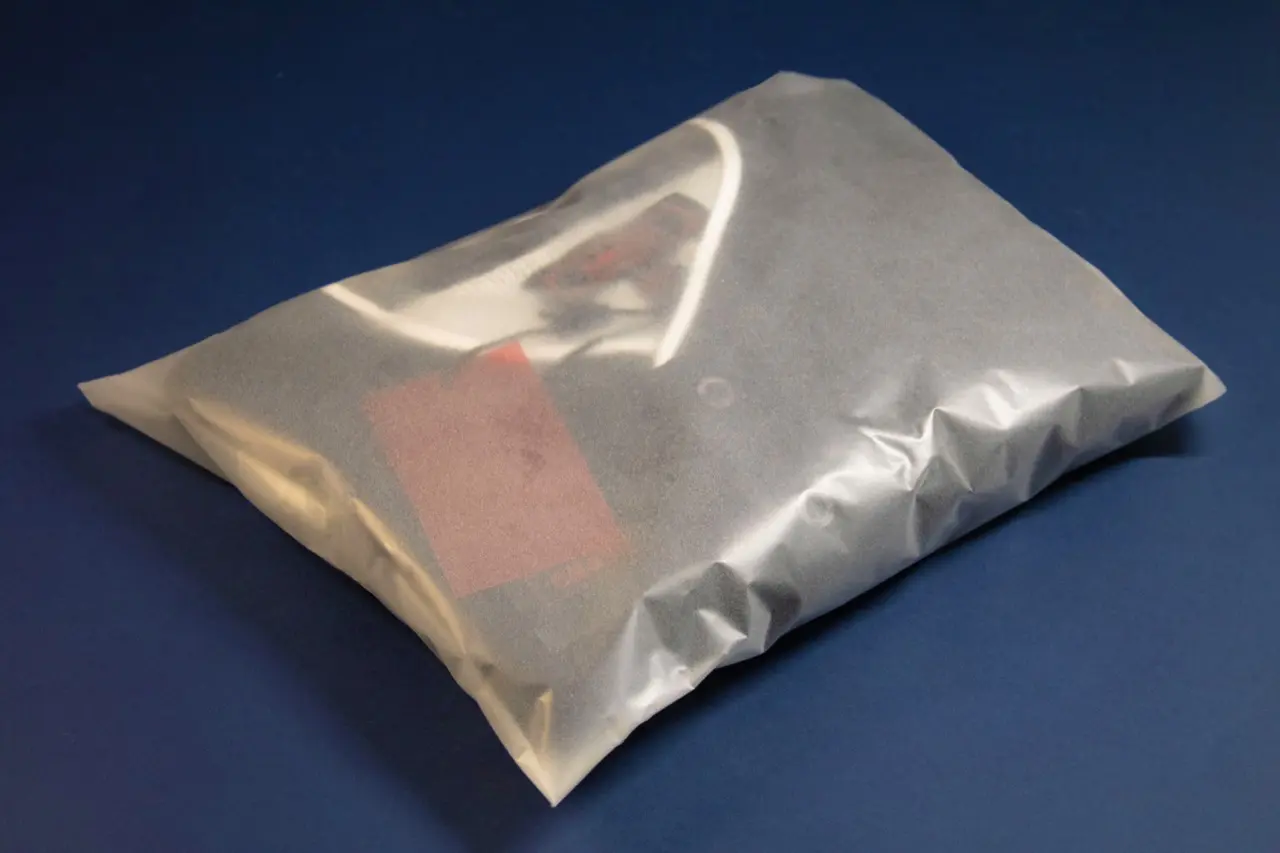
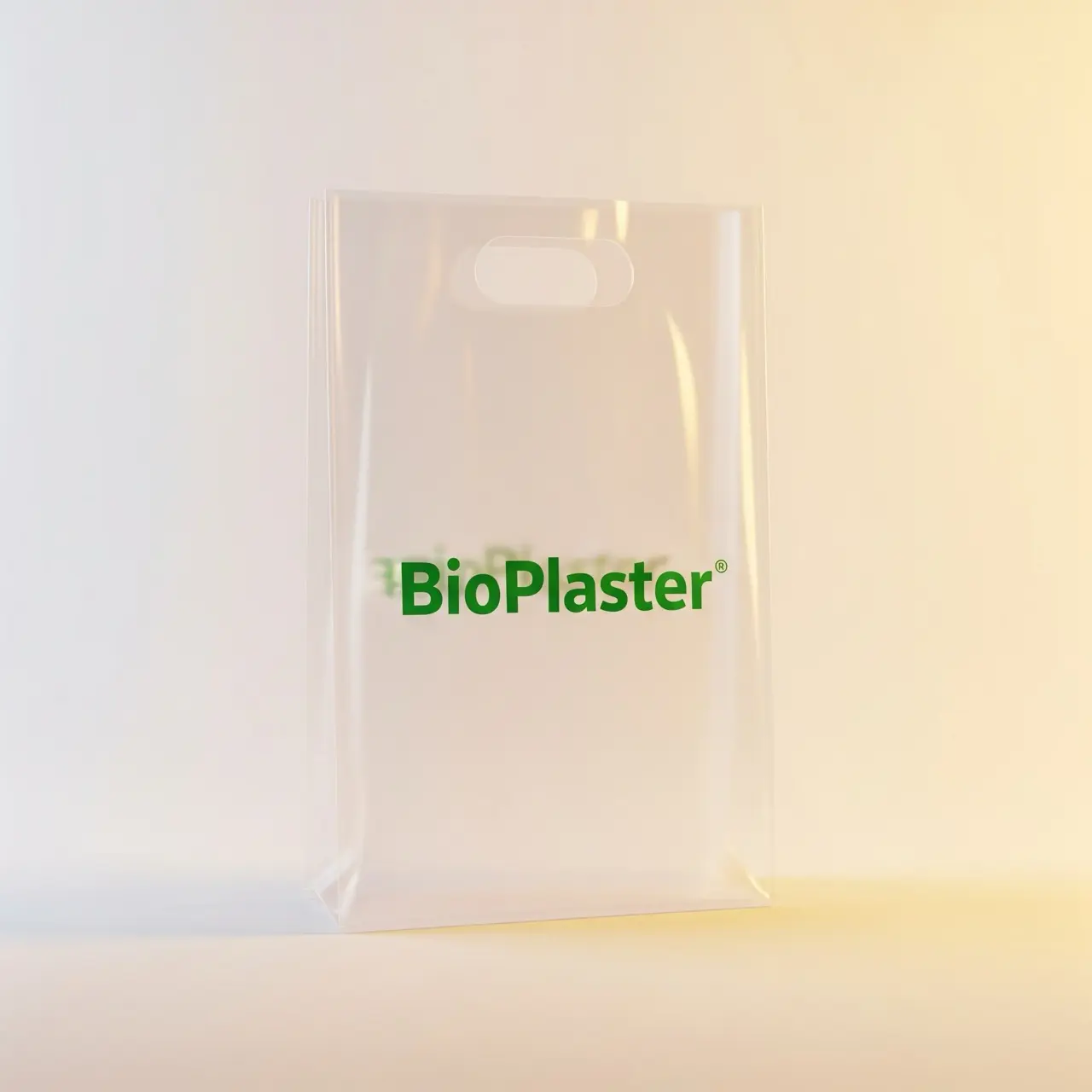
Leaders who transform their impact with BioPlaster
The bags you hand out today will outlive your customers by 200 years
Regulations against single-use plastics are increasing
Demand for sustainable practices is growing
The costs of not adapting increase daily
Our products

GreenShell — shock absorbing foam
Lightweight, biodegradable solution designed to protect delicate products during transport.
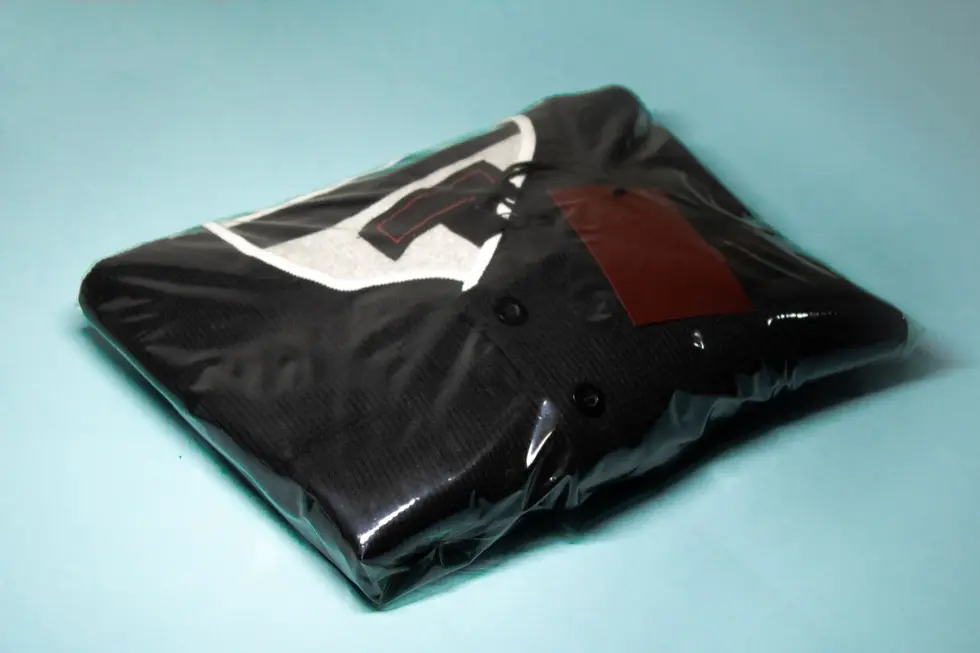
Packaging films
Compostable and resistant films, ideal for preserving and protecting products with lower environmental impact.

Reusable and compostable bags
Eco-friendly alternative for everyday shopping, made with high-strength biodegradable materials.
Plug & Play Optimization
We compare the alternatives available in the market so that you can make the best decision for your operation and the planet.
Traditional plastic
Solution from the past
High impact environmental
+200 years To degrade
Very polluting
Bioplaster
The New Alternative
Regenerative and high durability
3 weeks To degrade
High durability
Kraft paper
Poor operational viability
Medium impact environmental
6 months To degrade
Fragile material
Clear the path to your impact
Our bags are mainly made from extracts of brown algae such as sargassum, an invasive biomass that reaches the Caribbean coast in large quantities. This algae, far from being waste, is a valuable source of compounds such as alginates and cellulose that we use to make compostable materials.
Unlike petroleum-based plastics or paper that involves felling trees, our bags:
• They take advantage of abundant waste that normally accumulates and releases polluting gases when decomposed.
• They do not require pesticides, irrigation or agricultural land.
• They are produced with lower energy and chemical consumption, significantly reducing the environmental footprint. In addition, when discarded under suitable conditions, they biodegrade quickly and without leaving microplastics.
Our materials have been designed to biodegrade both in aerobic environments (compost, soil, etc.) and anaerobic environments (landfills).
Depending on the thickness and application, biodegradation occurs between 1 and 5 months.
In addition, our bags meet home compostability standards (ISO 14855), meaning they can be decomposed under domestic conditions without the need for special industrial facilities.
Currently, our bags cost similar to kraft paper, but are still more expensive than conventional plastic due to initial production volumes.
However, we are working to reduce this gap as we scale our production and industrial infrastructure. In the medium term, our costs will be highly competitive compared to traditional options, without compromising the planet.
Reusable “nonwoven” bags are made of polypropylene (PP) or other petroleum-derived polymers, and although they are promoted as a sustainable alternative, their environmental impact is often high:
• They have a much larger carbon footprint, requiring high temperatures and intensive industrial processes for their manufacture.
• Its degradation can take more than 400 years, and many end up in landfills or as plastic pollution.
Instead, our sargassum bags are designed to be a compostable and circular solution, ideal for short-term applications (such as delivery, shopping, or secondary packaging) without leaving permanent waste in the environment.
Write to us at contacto@bioplaster.mx with the details of your company, estimated quantity, and type of product you need. Our team will be happy to advise you and share samples or personalized proposals.
Request a product sample and start your transformation journey

Our Blog
At Bio+ we share relevant articles, research and news about innovation in bioplastics, sustainability and the environmental impact of materials. Find out how we're working for a more regenerative future.









